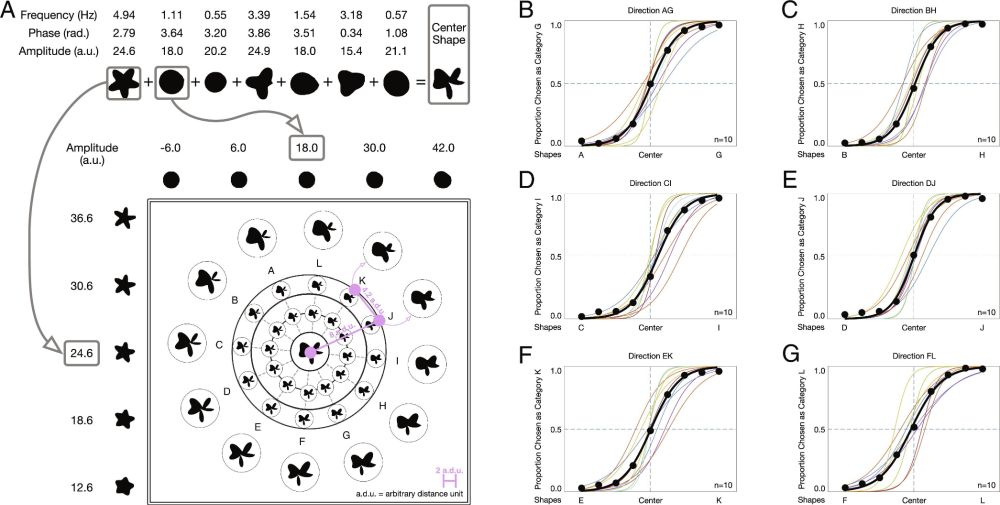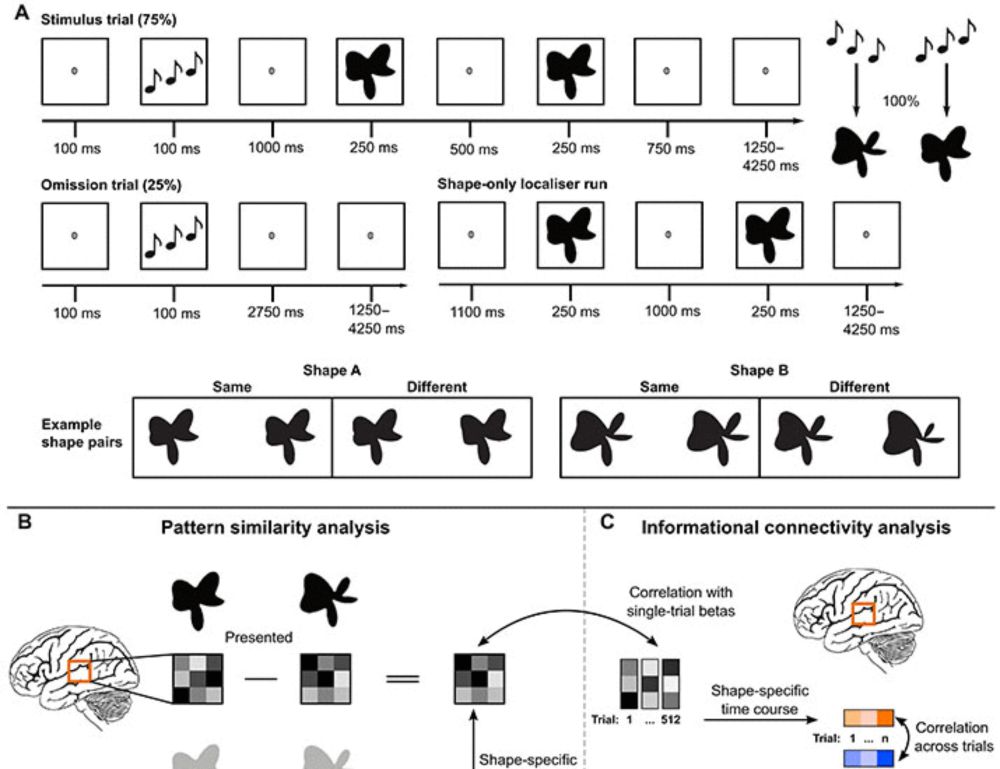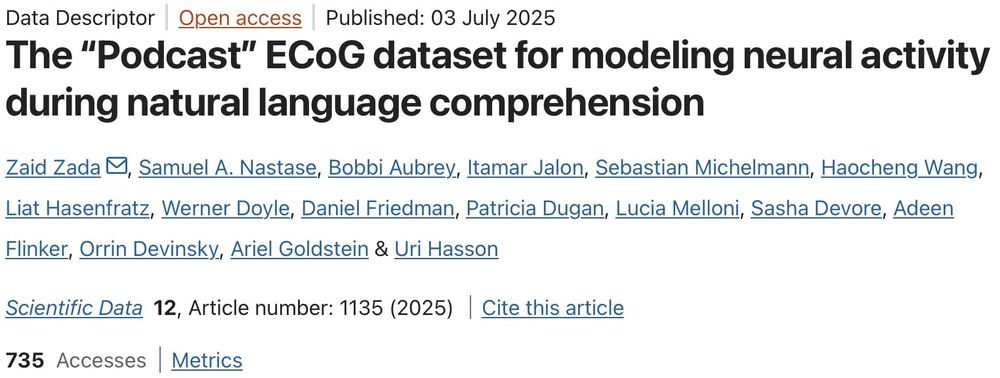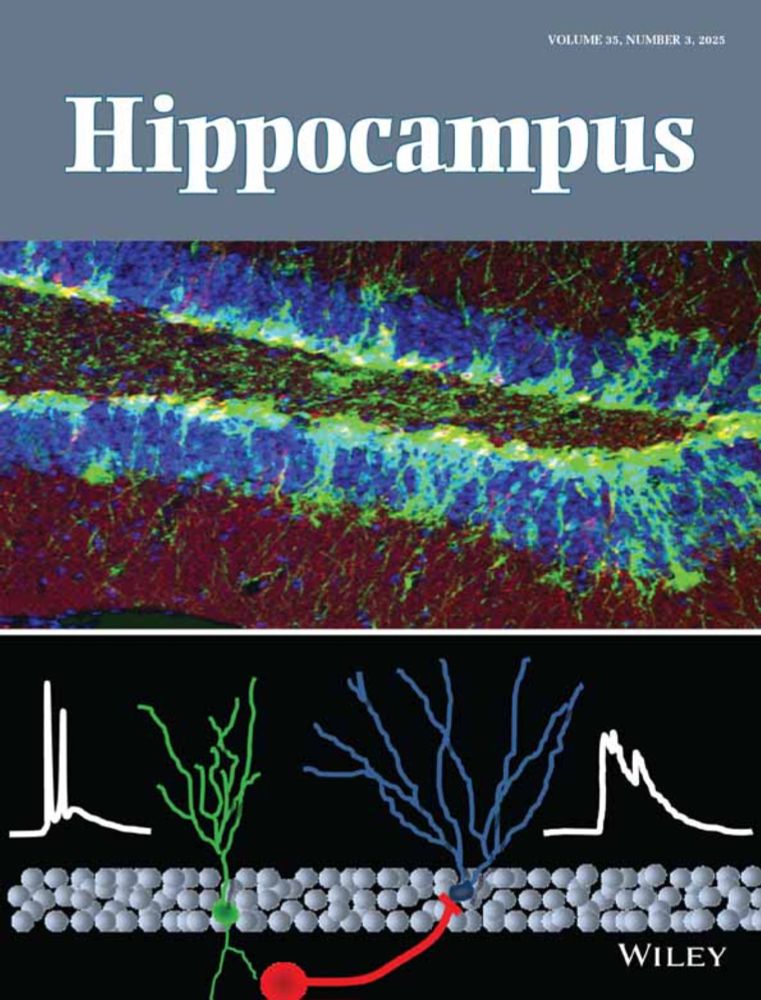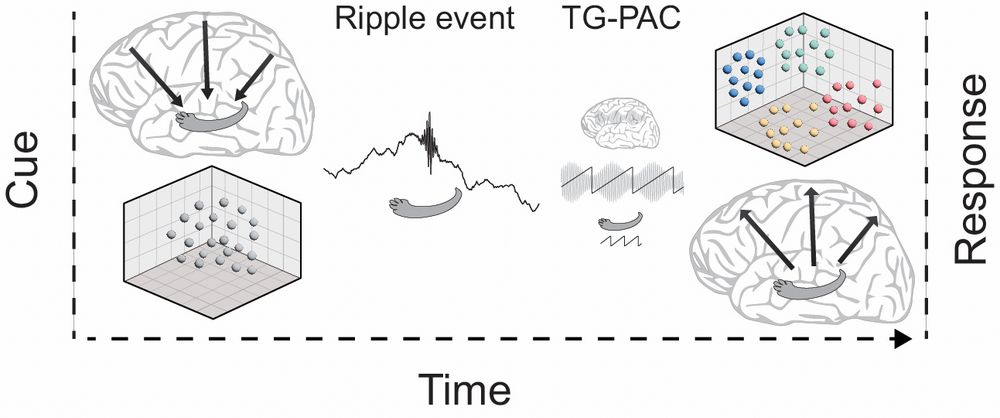Coraline Rinn Iordan
@coralineiordan.bsky.social
1.3K followers
430 following
35 posts
Assistant Professor @ University of Rochester ◆ narratives, episodic memory, naturalistic cognition, neurofeedback ◆ natcoglab.org ◆ mom ◆ moon elf warlock ◆ 🌈 she/her
Posts
Media
Videos
Starter Packs
Reposted by Coraline Rinn Iordan
Reposted by Coraline Rinn Iordan
Reposted by Coraline Rinn Iordan
Matthias Nau
@matthiasnau.bsky.social
· Aug 25

Neural and behavioral reinstatement jointly reflect retrieval of narrative events - Nature Communications
When people recall a movie, their eye movements and brain activity resemble those observed during the viewing. These behavioral and neural reactivations are linked through a common process, likely ref...
doi.org
Reposted by Coraline Rinn Iordan
Reposted by Coraline Rinn Iordan
Mariam Aly
@mariamaly.bsky.social
· Sep 2

Repeated Viewing of a Narrative Movie Changes Event Timescales in The Brain
Many experiences occur repeatedly throughout our lives: we might watch the same movie more than once and listen to the same song on repeat. How does the brain modify its representations of events when...
www.biorxiv.org
Reposted by Coraline Rinn Iordan
Reposted by Coraline Rinn Iordan
Reposted by Coraline Rinn Iordan
Eitan Schechtman
@eitans.bsky.social
· Aug 19

Concurrent presentation of memory-related odors and sounds nullified sleep reactivation benefits
Reactivation of recently acquired memories during sleep supports their longevity. Reactivation can be biased during sleep using odors or sounds through a technique termed targeted memory reactivation ...
biorxiv.org
Reposted by Coraline Rinn Iordan
Reposted by Coraline Rinn Iordan
Reposted by Coraline Rinn Iordan
Mariam Aly
@mariamaly.bsky.social
· Aug 9
Reposted by Coraline Rinn Iordan
Reposted by Coraline Rinn Iordan
Reposted by Coraline Rinn Iordan
Marta Silva
@martamasilva.bsky.social
· Jul 1
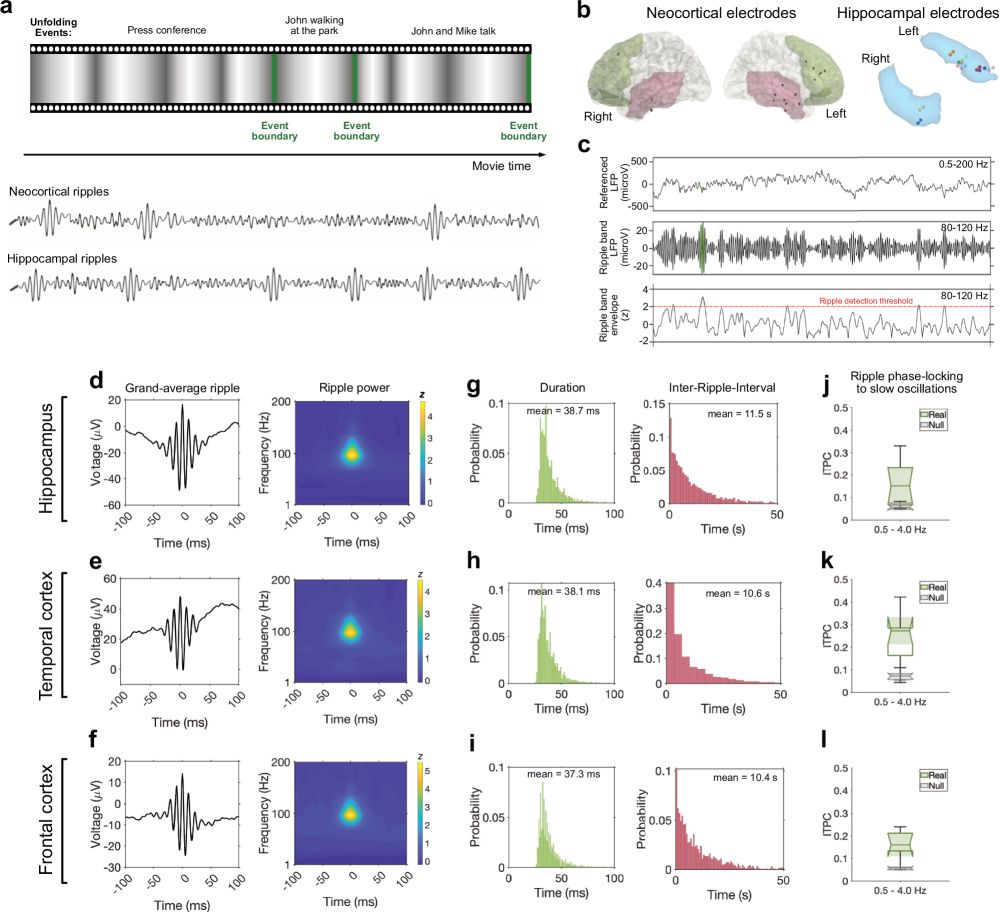
Movie-watching evokes ripple-like activity within events and at event boundaries
Nature Communications - The neural processes involved in memory formation for realistic experiences remain poorly understood. Here, the authors found that ripple-like activity in the human...
rdcu.be
Reposted by Coraline Rinn Iordan
Ben Kanter
@beneuroscience.bsky.social
· Jun 26
Reposted by Coraline Rinn Iordan
Reposted by Coraline Rinn Iordan
David Clewett
@davidclewett.bsky.social
· May 19
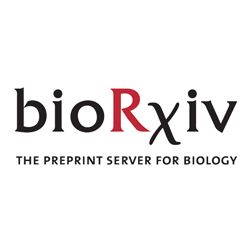
Dopaminergic processes predict temporal distortions in event memory
Our memories do not simply keep time - they warp it, bending the past to fit the structure of our experiences. For example, people tend to remember items as occurring farther apart in time if they spa...
www.biorxiv.org
Reposted by Coraline Rinn Iordan
Reposted by Coraline Rinn Iordan
Reposted by Coraline Rinn Iordan
Martin Hebart
@martinhebart.bsky.social
· Apr 15
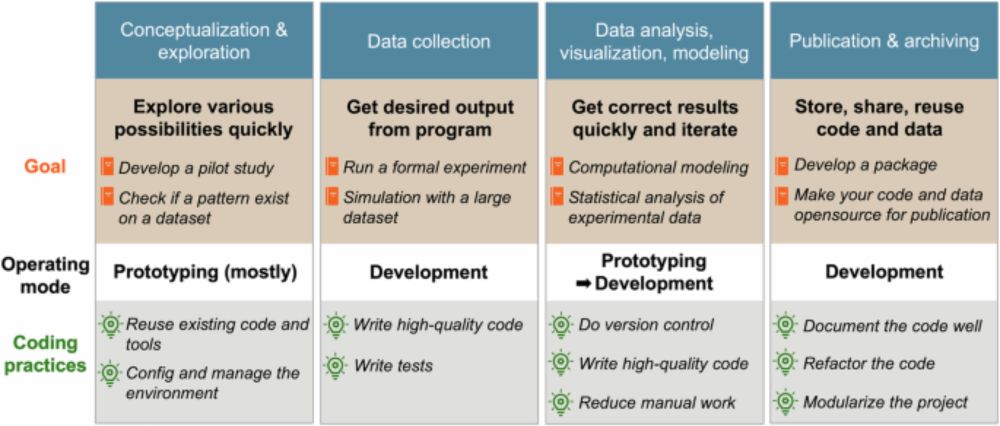
Ten principles for reliable, efficient, and adaptable coding in psychology and cognitive neuroscience - Communications Psychology
Programming is essential for modern research in neuroscience and psychology, but it can quickly become a source of frustration and error. This Primer introduces ten practical principles guiding resear...
www.nature.com
Reposted by Coraline Rinn Iordan
Erica Busch
@elbusch.bsky.social
· Apr 3

Accelerated learning of a noninvasive human brain-computer interface via manifold geometry
Brain-computer interfaces (BCIs) promise to restore and enhance a wide range of human capabilities. However, a barrier to the adoption of BCIs is how long it can take users to learn to control them. W...
doi.org

